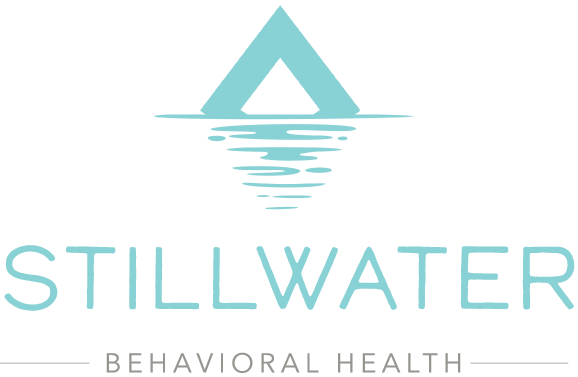Alcohol Withdrawal Symptoms
What Are Alcohol Withdrawal Symptoms?
Questions about addiction?
Call Us Now: 1-866-232-9103
Your call is confidential with no obligation required to speak with us.
Timeline
Six Hours
- Shaky hands/extremities
- Anxiety/depression
- Migraines
- Nausea or vomiting
- Sweating
- Insomnia or other sleep problems
Twelve to Twenty-Four Hours
- Hallucinations
- Seizures
- Extreme sweating
- Incoherency
Forty-Eight to Seventy-Two Hours
- Rapid heart rate
- Confusion
- High or spiking blood pressure
- Heavy and excessive sweating
- Severe fever
Why Do People Experience Alcohol Withdrawal Symptoms?

Nervous System
Over time, this dependence causes the brain to need alcohol to function properly. When a person suddenly no longer drinks alcohol, the central nervous system cannot adapt to the absence of alcohol. 2
Dependence
Alcohol Withdrawal Syndrome (AWS)
How Long Does Alcohol Withdrawal Last?
Eight Hours After Last Drink
Lasts One week to Several Weeks
Who Is at Risk of Alcohol Withdrawal Syndrome?
Several factors determine how severe alcohol withdrawal syndrome might be for a person. Many times, the length and severity of a person’s addiction guide will determine the severity of the withdrawal. In addition, the amount of dependency a person may have on alcohol can also cause more severe symptoms. Alcohol addiction is the most common addiction in the United States.
Binge Drinking
If a person regularly binge drinks, they are more likely to develop a dependency, which will lead to withdrawal once a person quits. People who binge drink are the most at risk for developing alcohol withdrawal syndrome.4
Medical History
A person who has health issues might also experience more severe forms of alcohol withdrawal syndrome, especially if they have heart, liver, or kidney issues. Because of this factor, it is crucial that a person seek medical attention if they are struggling with alcoholism.4
Family History of Alcohol Abuse
Finally, if alcohol abuse runs in the family, a person is more likely to also struggle with alcoholism. There may be a natural dependence that is genetic or a predisposition. Due to this aspect, a person with a family history of alcoholism will also be more likely to struggle with withdrawal symptoms when quitting.4
Alcohol Withdrawal Stages
Stage 1: Mild
Stage 2: Moderate
Stage 3: Severe
A person may also struggle with insomnia or other sleep disorders. In the worst cases, a person may develop delirium tremens.
What Is Alcohol Detox?
First Stage of Alcohol Addiction Treatment
A person will go through the symptoms of withdrawal during the detox process. Many times, people will check into an inpatient facility to carry out the rest of their recovery from alcohol abuse.
Inpatient
Treatment for Alcohol Withdrawal
Counseling
Treating Underlying Problems
AA
Detox
Medication
Therapies
Alcohol withdrawal symptoms can be fatal and difficult to overcome. However, it is not impossible to work through the detox experience. By seeking out treatment options, millions of people have successfully done it. If you are struggling with alcohol addiction, please reach out to a medical professional for advice and the next steps.
Resources
- https://www.webmd.com/mental-health/addiction/alcohol-withdrawal-symptoms-treatments#1
- https://www.healthline.com/health/alcoholism/withdrawal
- https://www.healthline.com/health/alcoholism/how-long-does-it-take-to-detox-from-alcohol#withdrawal-symptoms
- https://www.healthline.com/health/alcoholism/withdrawal#diagnosis
- https://www.alcoholrehabguide.org/treatment/alcohol-detox/


